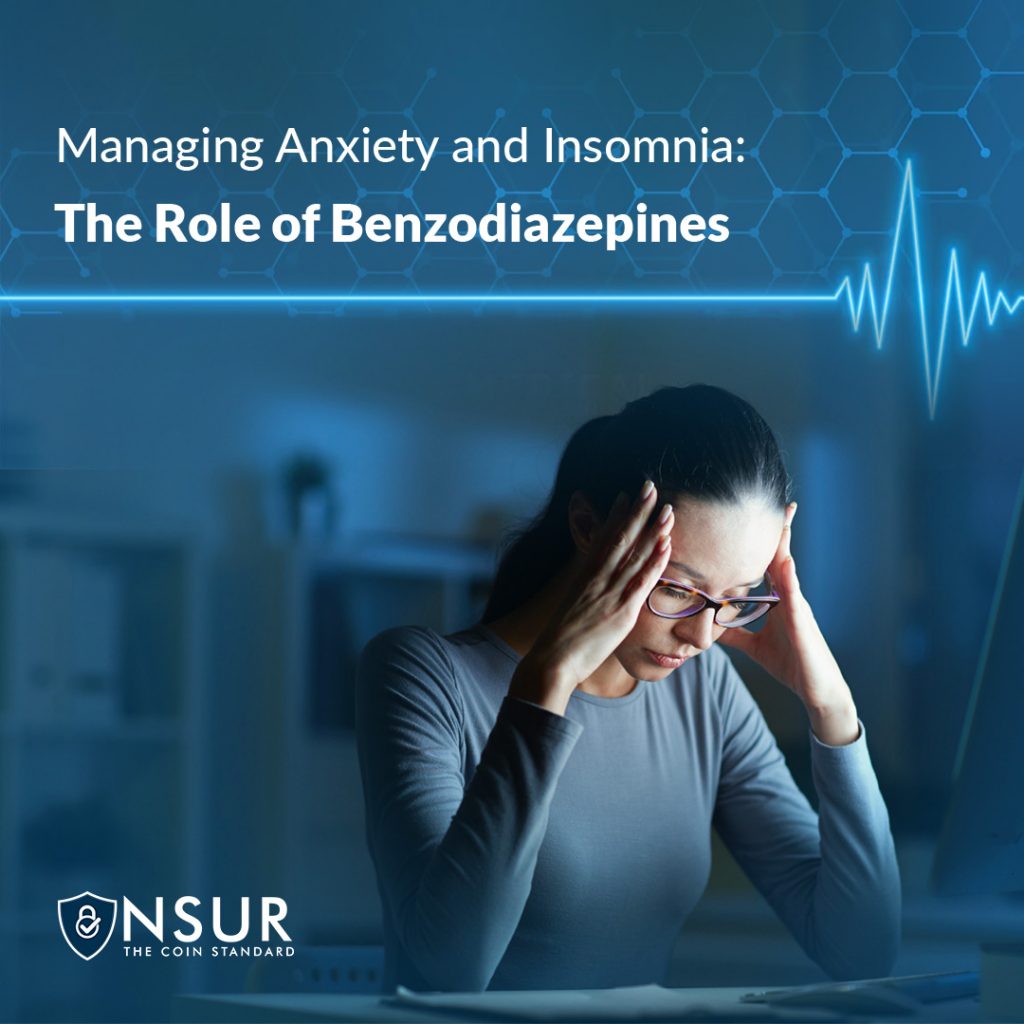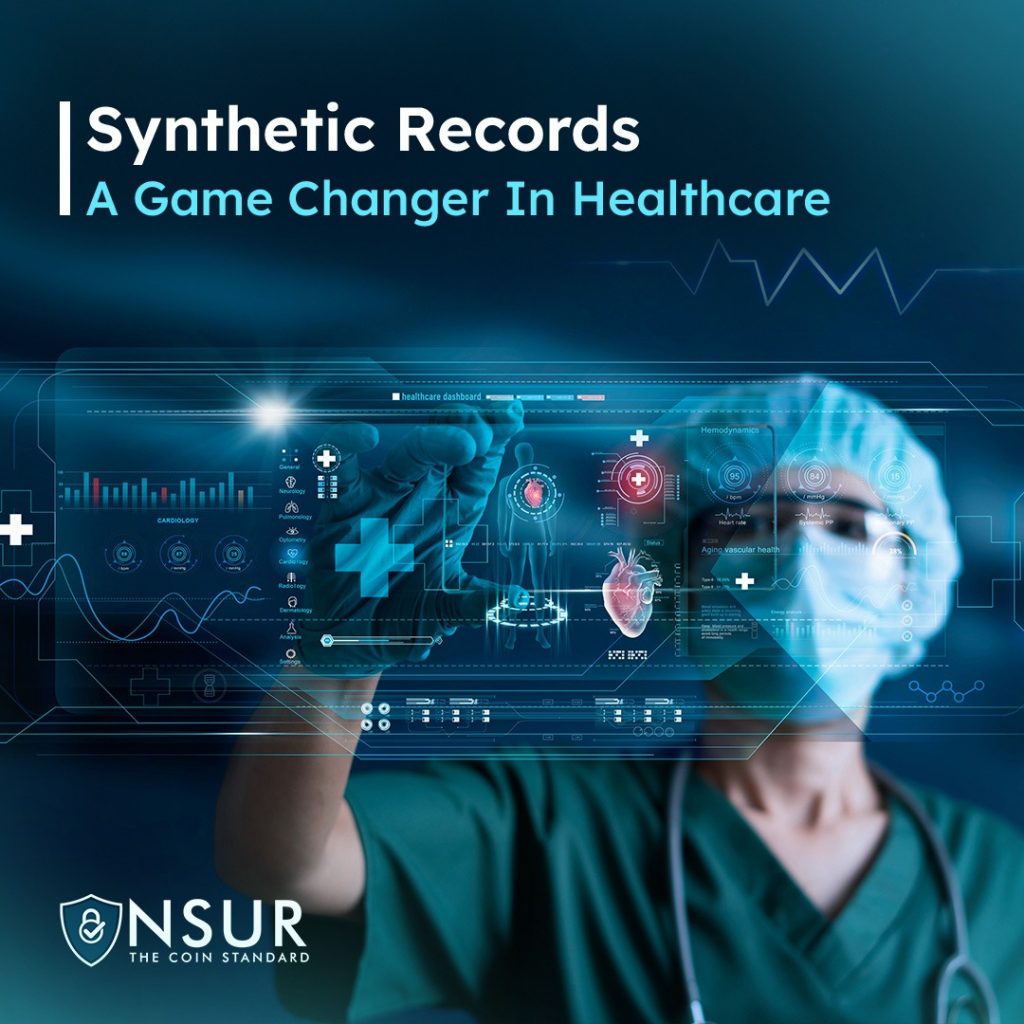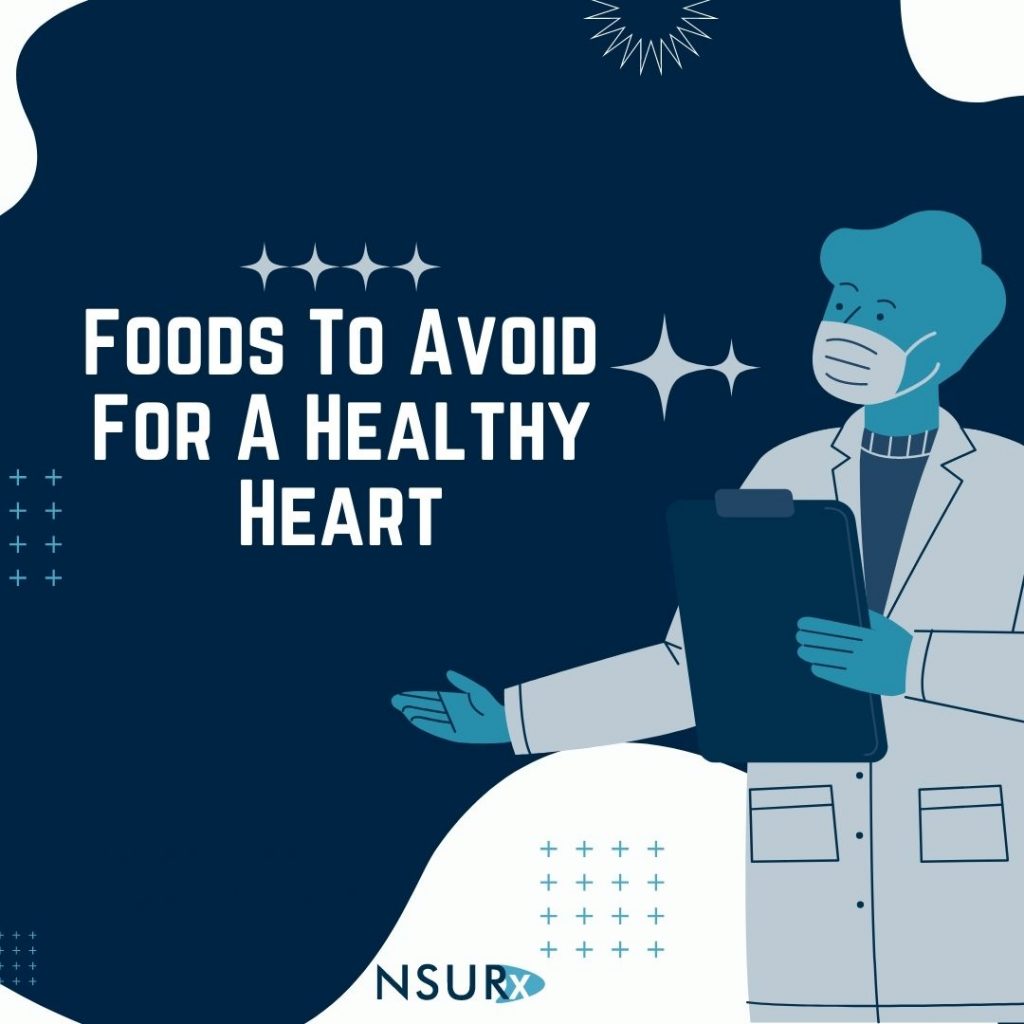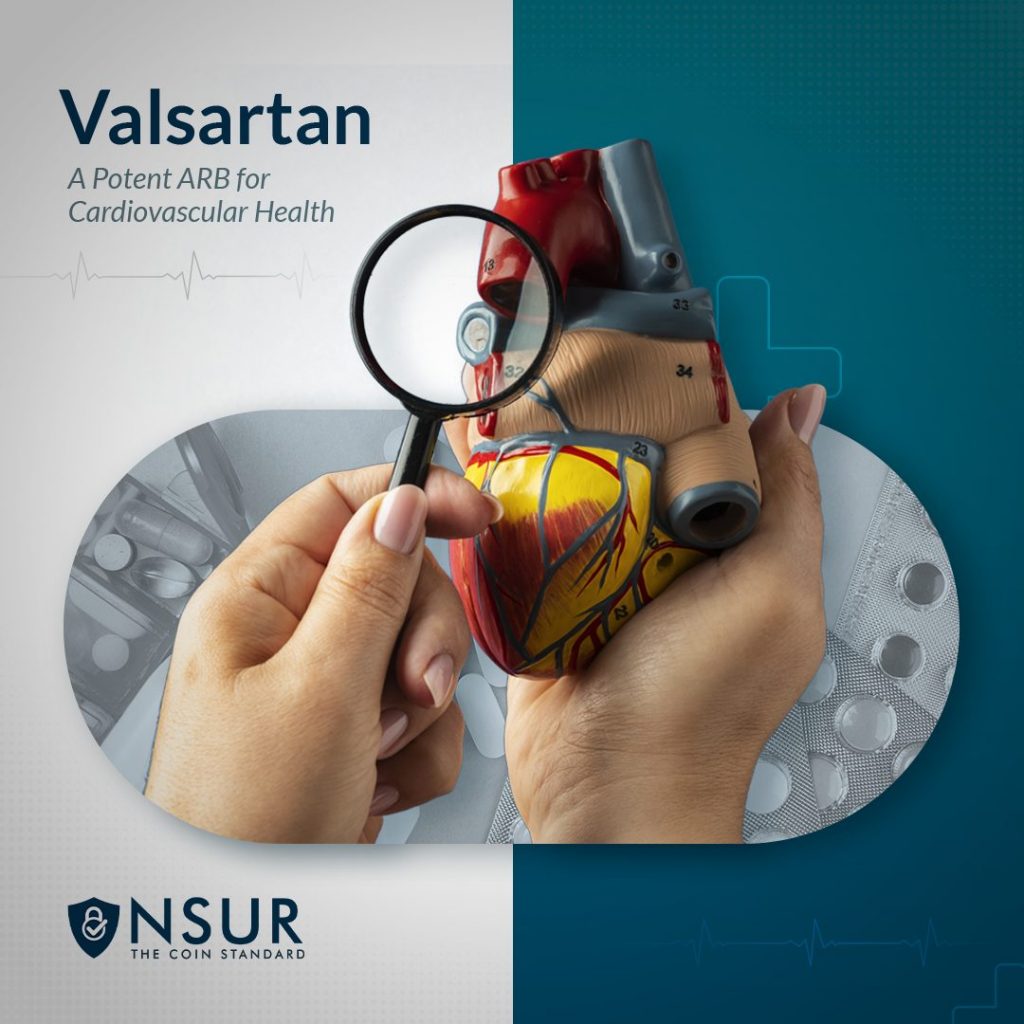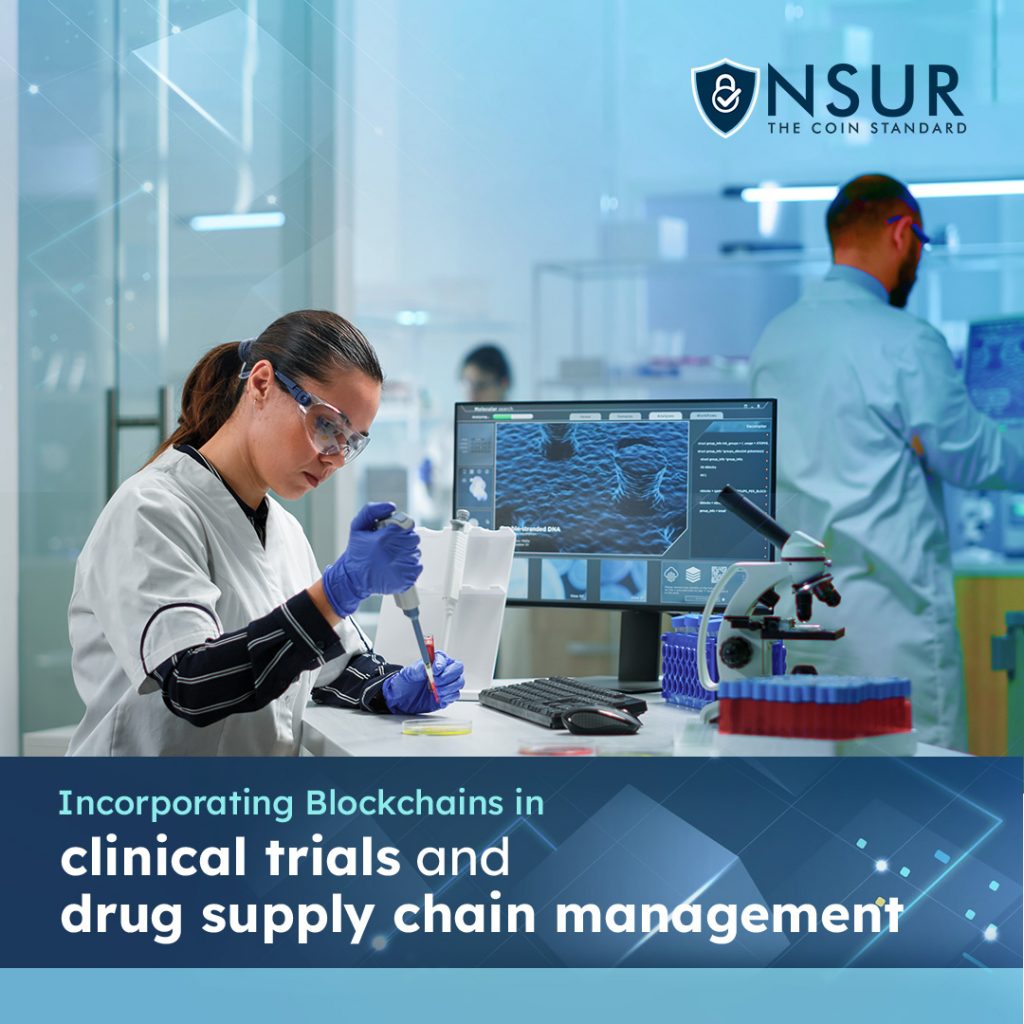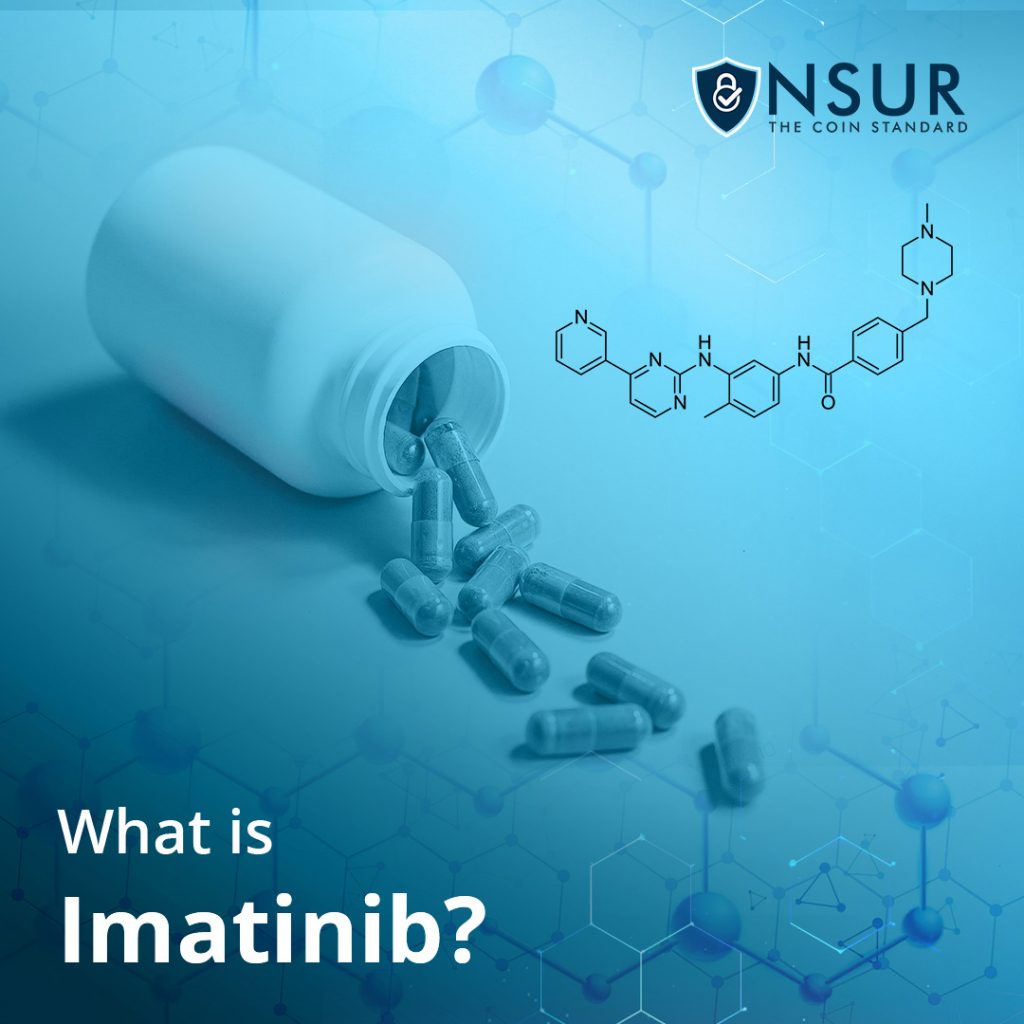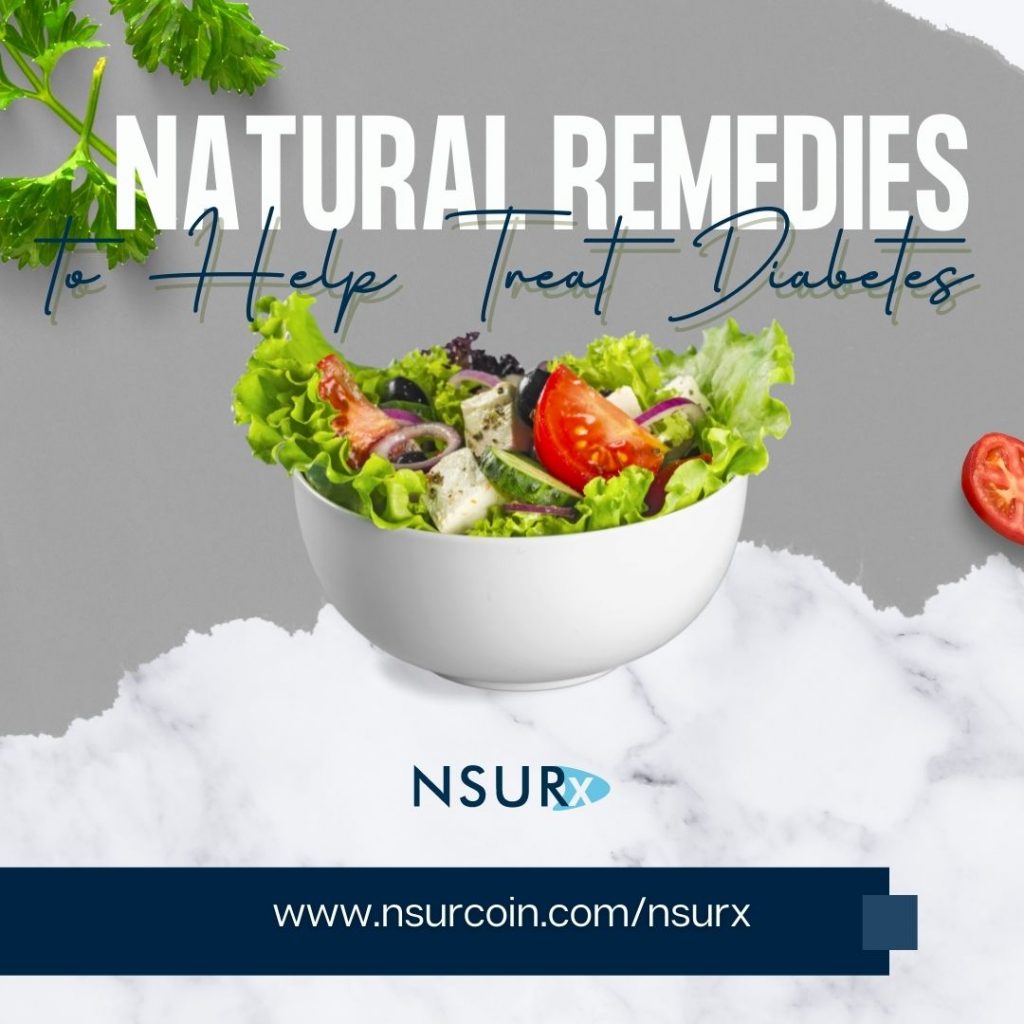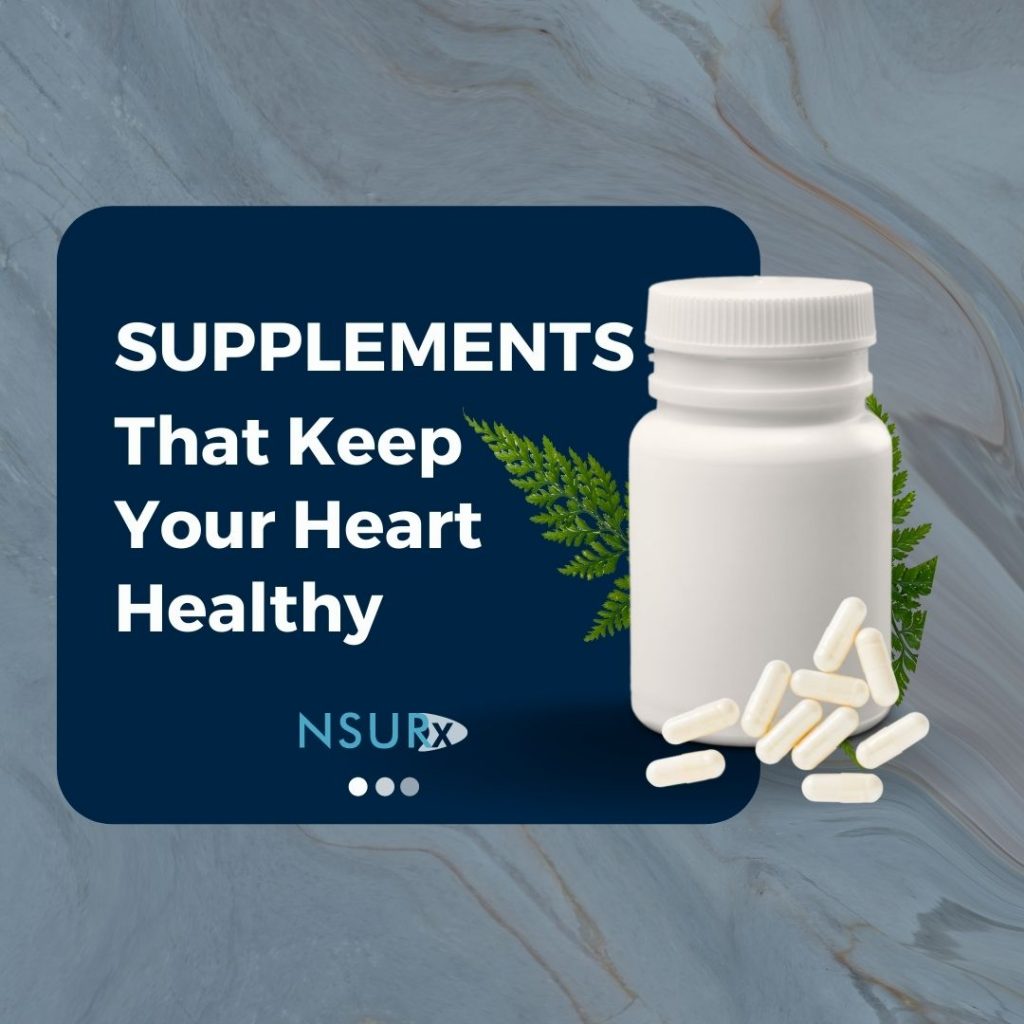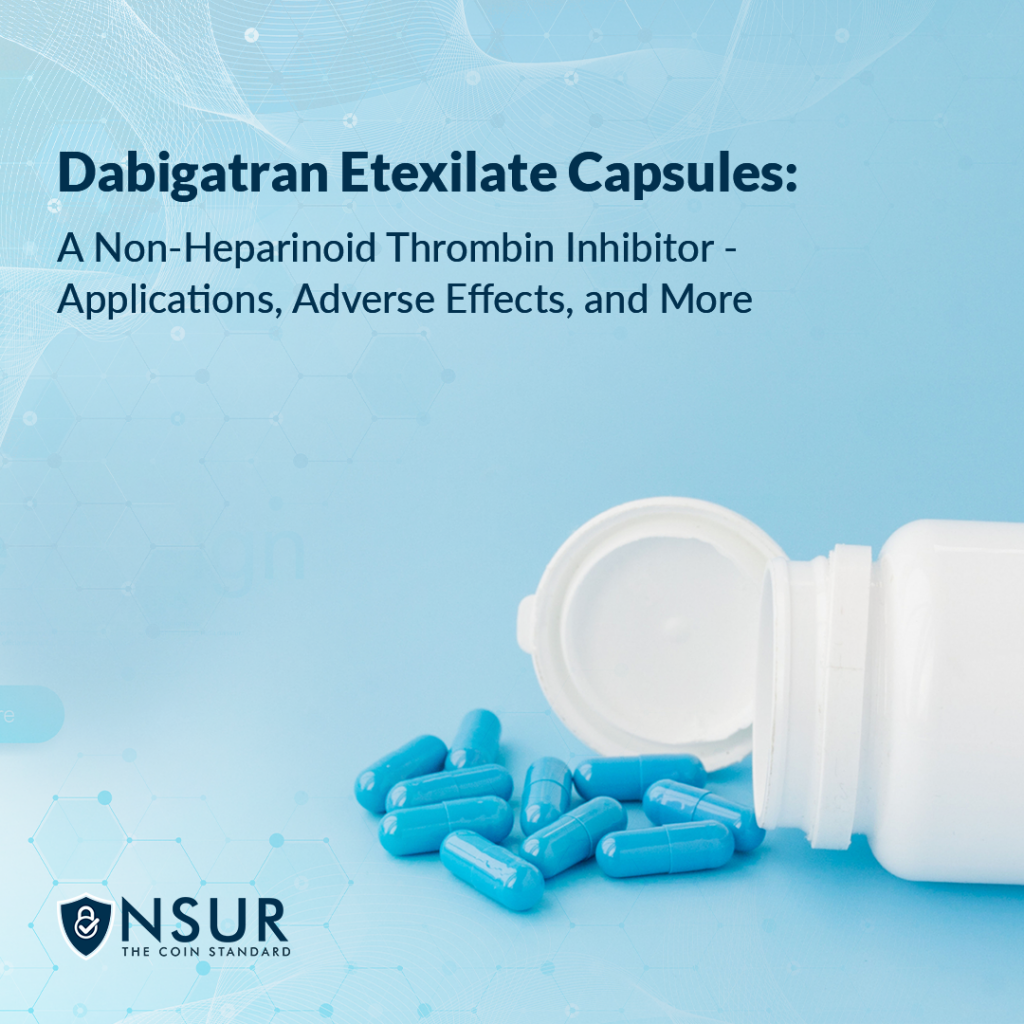
Dabigatran etexilate capsules are a popular medication in the world of anticoagulant therapy. This non-heparinoid thrombin inhibitor has found a wide range of applications and has some unique advantages over traditional anticoagulants. In this blog, we will discuss the applications, adverse effects, and more about this innovative medication.
Table of Contents:
- Introduction to Dabigatran Etexilate Capsules
- Applications of Dabigatran Etexilate
- Adverse Effects and Precautions
- Drug Interactions
- Conclusion
1. Introduction to Dabigatran Etexilate Capsules
Dabigatran etexilate is an oral anticoagulant that belongs to the class of direct thrombin inhibitors. It is a prodrug, meaning that it is converted into its active form, dabigatran, after ingestion. Unlike heparin and other heparinoid anticoagulants, dabigatran etexilate does not require continuous monitoring of blood clotting parameters, making it a more convenient option for patients.
2. Applications of Dabigatran Etexilate
Dabigatran etexilate has been approved for several clinical applications, including:
- Prevention of stroke and systemic embolism in patients with non-valvular atrial fibrillation
- Treatment and prevention of deep vein thrombosis (DVT) and pulmonary embolism (PE)
- Prevention of venous thromboembolism (VTE) in patients undergoing hip or knee replacement surgery
3. Adverse Effects and Precautions
While dabigatran etexilate is generally well-tolerated, it does come with some potential adverse effects, including:
- Bleeding: As with any anticoagulant, dabigatran etexilate can increase the risk of bleeding. Patients should be carefully monitored for signs of excessive bleeding, such as bruising, nosebleeds, or blood in the urine or stool.
- Gastrointestinal side effects: Some patients may experience gastrointestinal side effects, such as nausea, diarrhea, or stomach pain.
- Hypersensitivity reactions: In rare cases, patients may experience allergic reactions to dabigatran etexilate, such as rash, itching, or difficulty breathing.
To minimize the risk of adverse effects, certain precautions should be taken:
- Patients with kidney problems may require dose adjustments, as the drug is primarily excreted through the kidneys.
- Dabigatran etexilate should be used with caution in patients with a history of bleeding disorders or taking other medications that increase bleeding risk.
- The drug should not be used during pregnancy, as it may pose risks to the developing fetus.
4. Drug Interactions
Dabigatran etexilate can interact with certain medications, which may necessitate dose adjustments or alternative treatments. Some common drug interactions include:
- P-glycoprotein inhibitors: Drugs that inhibit P-glycoprotein, such as amiodarone, verapamil, and some antifungal medications, can increase the blood concentration of dabigatran, potentially increasing the risk of bleeding.
- P-glycoprotein inducers: Conversely,drugs that induce P-glycoprotein, such as rifampin, carbamazepine, and St. John’s wort, can decrease the blood concentration of dabigatran, potentially reducing its effectiveness.
- Anticoagulants and antiplatelet agents: Combining dabigatran etexilate with other anticoagulants (e.g., warfarin, heparin) or antiplatelet agents (e.g., aspirin, clopidogrel) can increase the risk of bleeding.
It is essential for patients to inform their healthcare providers about all medications they are taking, including over-the-counter drugs and supplements, to avoid potential interactions.
5. Conclusion
Dabigatran etexilate capsules have emerged as a convenient and effective alternative to traditional anticoagulant therapies. With applications ranging from stroke prevention to the treatment and prevention of DVT and PE, this non-heparinoid thrombin inhibitor offers several advantages. However, as with any medication, it is crucial to be aware of the potential adverse effects and drug interactions to ensure safe and effective treatment. Always consult your healthcare provider before starting or stopping any medication to ensure that it is appropriate for your individual needs.
Take advantage of NSURx for your prescription drugs!
With the NSURx Prescription Benefit Card, you can save money on you
r medications at more than 35,000 pharmacies across the United States.
You can save up to 80% on your medication by using an NSURx card. Hundreds of dollars in savings could be yours every time you fill out your prescription.
The more you shop with NSURx, the more NSUR Coins you will receive as a reward.
Reference:
